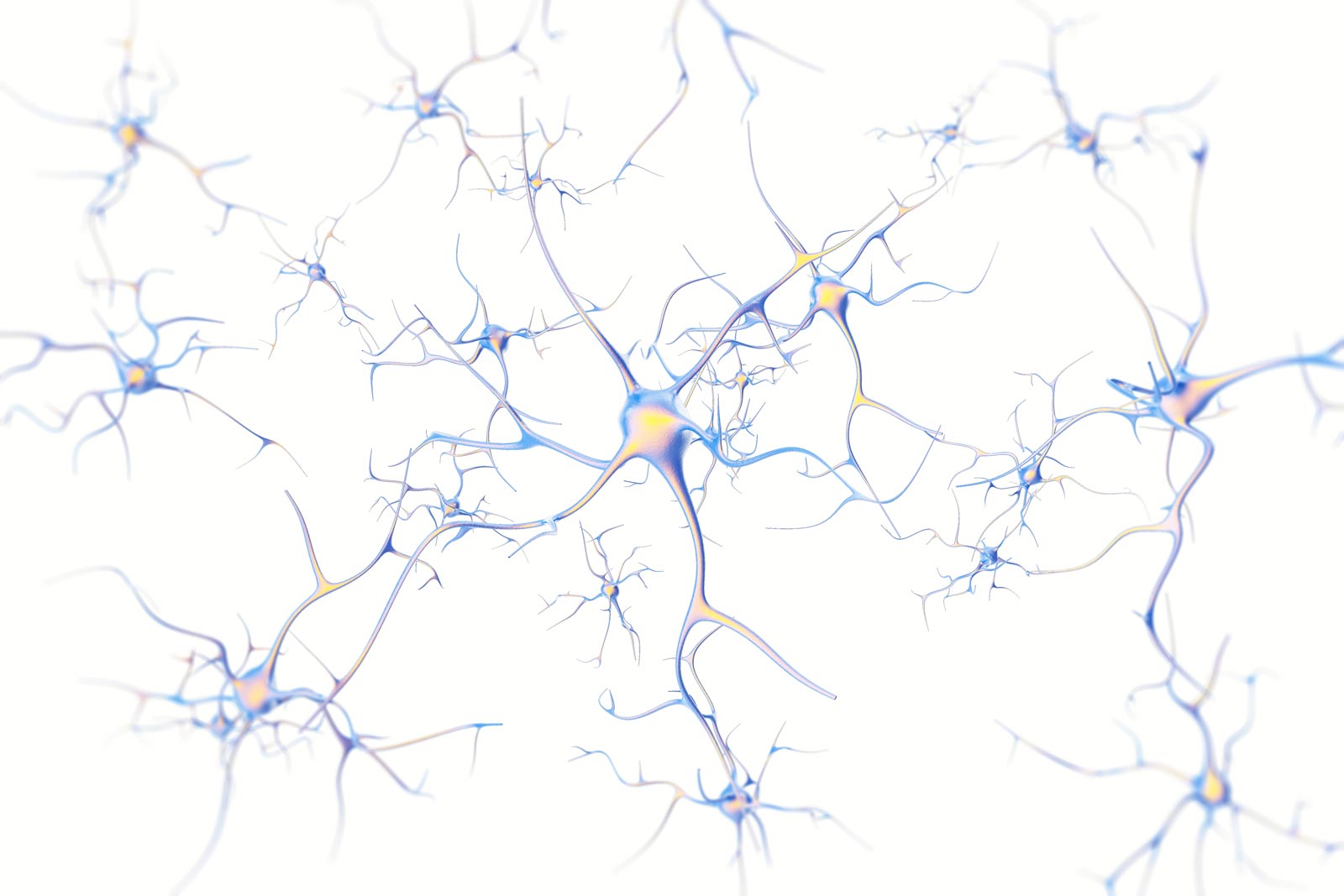
Funding for addiction-related research is hard to obtain. Bruce Russell is particularly grateful for the support Whau has given for his team for studies on pharmacological approaches to methamphetamine treatment.
Bruce explained, “I think mental health – in particular addictions – tends to get overlooked in New Zealand unless it is something to do with smoking or alcohol. With methamphetamine addiction it is treated as a law and order problem rather than mental illness.

“There are a lot of clinicians that view people with methamphetamine and alcohol in the same way. They think it is just a social problem. ‘Just harden up and stop taking the stuff’. It isn’t that easy because addiction does cause long term changes in the brain and those changes don’t go away.
Funded by the Whau Mental Health Research Foundation, the research by Russell and his team at The University of Auckland’s School of Pharmacy, looked at whether methylphenidate could be used in replacement therapy for people with methamphetamine or P addiction, in a similar way to which methadone is used as a replacement for opiate addiction.
“The Whau Foundation made a huge difference. Whau gave us nearly $20,000 and helped us recruit a research nurse for six to eight months. We completed the trial and got some useful results.” The study’s findings were published in Addiction in July 2013.
Bruce says that there are currently no pharmaceutical treatments for addiction, which is a big problem in New Zealand. With Whau funding the research team was able to release statistical results demonstrating that methylphenidate showed potential as a methamphetamine substitute, although probably at higher doses than those used in the trial.
“International researchers have since picked up on the research and have recently shown that methylphenidate is actually quite a useful substitute therapy in the way that methadone is for opiates. In terms of assisting with mental health, that is one very good example of trying to treat addictions when there are no currently available treatments.”
Bruce is the recipient of another Whau Foundation grant for a related study looking at damage done to the brains of methamphetamine addicts, using magnetic residence imagining (MRI).
The second study came about when his team recruited active methamphetamine users for the first study. When he performed MRI scans on their brains, he didn’t find the damage he was expecting and that other researchers said occurred.
They realised that the main difference was that other research had been done with abstinent methamphetamine users, while theirs involved active users and they are currently working with the idea that some of the brain damage occurs post-withdrawal.
“Most of the community support and treatment programmes involve sudden or rapid withdrawal. Usually you go to a centre for two or four weeks and you stay there and abstain. I think the rapid withdrawal might be causing some of the damage that other people are finding.”
Whau Foundation funding is supporting a study with active users to test whether a treatment programme, rather than rapid withdrawal, may lessen some of the damage that occurs.
Bruce appreciates the on-going support of the Whau Foundation, which helped establish his reputation as a researcher.
“When I started work with the University of Auckland at the start of 2005 I had some research experience but most of my working life since finishing my PhD had been as a pharmacist in a completely different field overseas. I was an unknown quantity as far as the funding in New Zealand was concerned. The Whau Foundation kindly gave me that money, which helped raise my profile as a successful researcher, which is useful to other funders and the public in general.”
Links
Investigating the microstructural and neurochemical environment within the basal ganglia of current methamphetamine abusers. Drug and Alcohol Dependence doi:10.1016/j.drugalcdep.2015.01.026 2015
The effects of methylphenidate on cognitive control in active methamphetamine dependence using functional magnetic resonance imaging Frontiers in Psychiatry, Mar 6;5:20.
doi: 10.3389/fpsyt.2014.00020 2014
Extended release methylphenidate for treatment of amphetamine/methamphetamine dependence: a randomised, double-blind, placebo controlled trial. Addiction; Jan 8. doi: 10.1111/add.12109. 2013